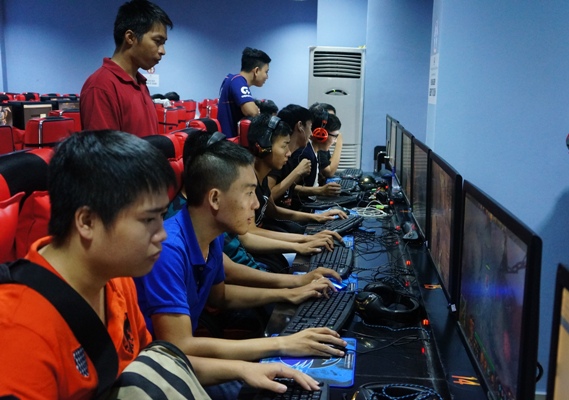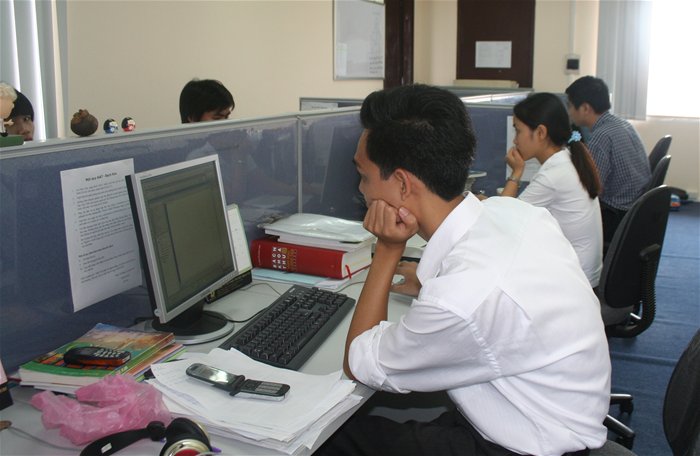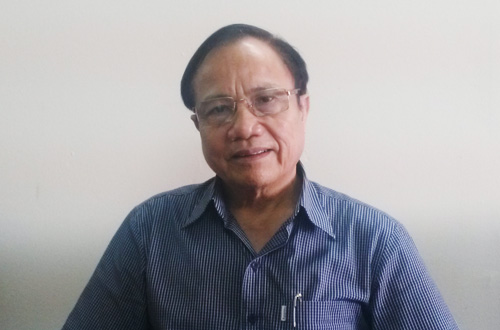VietNamNet Bridge – Vietnamese companies that make games and apps have to export their games or take non-game projects in order to survive, as the local market is not profitable.

Many game firms have questioned whether it is worthwhile to pursue the business.
The director of a small game firm with 50 workers in Hanoi said it is very difficult to make money in Vietnam. Since the beginning of 2014, his firm has developed several projects which “have no relation to the game industry”.
Most recently, the director said, his firm had succeeded with a project on location solutions for non-smartphones. The solution was sold to a Singaporean telco through an intermediary company.
The director said he does not want to give up games, which is the firm’s core business. However, he is now thinking of making games to distribute overseas instead of Vietnam.
“We are going to sell a game to a foreign company which would distribute the game overseas. We do not intend to distribute the game in the home market. We have to struggle hard to overcome too many barriers,” he said.
The director said that game firms, because of the government’s management oversight, will not be able to develop because they meet high risks and they cannot figure out long-term business strategies.
“You will have to make heavy investment to develop a game. You will have to spend big money on qualified engineers and other expenses. However, you are not sure if you can obtain licenses for distributing the games,” he explained.
“Meanwhile, gamers are now spending less money to play games. They would rather play free games, so the revenue from games is expected to drop,” he said.
The director thinks that many small and medium sized firms will take extra non-game jobs to survive the difficulties and hope for a “brighter future”.
In early 2014, a small game firm in Hanoi developed two mobile games and posted these on app stores.
However, after having to pay VND220 billion in fines, it decided to give up the two games, though it had spent big money to develop the products.
Game firms have complained for years about the barriers they face. The watchdog agency over these companies has promised to amend the legal framework to help ease difficulties, but nothing substantive has been done.
Duong The Luong, director of VTC Intecom, said domestic game firms still face too many problems.
About 40 PC games and 60 mobile games were distributed in the first six months of the year, but the probability of success was low, at just 10 percent.
“Success” means “breaking even”, and “not taking a loss”.
VTC Intecom launched several games in the market in the first six months of the year and it did not incur a loss. However, the company is considering developing non-game projects, including cloud computing and e-commerce.
Source: Buu Dien/Vietnamnet
tag: kng.vn, IT Outsourcing, Mobile application, Web application , Offshore, Vietnam, France, iphone ipad android developer application development, dedicated team


